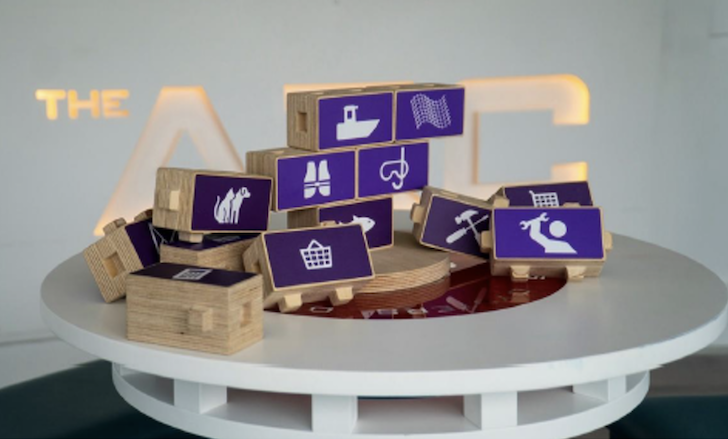Capitalisation of the ARC Classroom: education, tradition, and sustainability in Atlantic aquaculture
As part of the WP3 activities of the AQUAFISH 0.0 – INTERREG Atlantic Area project, a comprehensive report has been developed to capitalise on the ARC Classroom (Aquaculture Remote Classroom) model—an initiative originally created by BIM (Ireland’s Seafood Development Agency), now adapted to the educational contexts of Spain, Portugal, and France.
The ARC Classroom is a mobile, interactive space that combines virtual reality, curriculum-aligned content, and hands-on learning tools to raise awareness among younger generations about sustainable aquaculture. Through immersive experiences, students virtually visit aquaculture farms, complete mapping challenges, and explore aquaculture’s role in the economy, environment, and local culture.
This adaptation process highlights traditional aquaculture practices—such as earthen ponds in the Bay of Cádiz, trestle oyster farming, or the almadraba tuna trap—integrating them into educational content aligned with national curricula. It also addresses region-specific environmental challenges (such as salinisation, climate change, or coastal tourism pressures).
The report also offers proposals for educational activities, participatory methodologies, and an implementation model that enables the ARC Classroom to be replicated across Atlantic schools, aiming to promote scientific literacy, critical thinking, and sustainability awareness from an early age.
AQUAFISH 0.0 is a project funded by ERDF through the INTERREG Atlantic Area 2021-2027 programme (project code EAPA_0062/2022).


